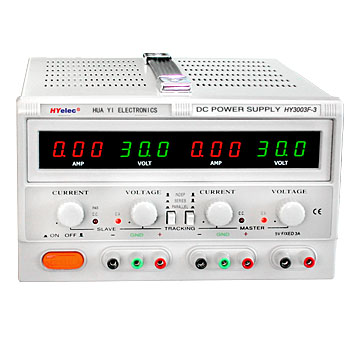
There are various types of power supply units or PSUs. A DC power supply unit is frequently set up in various low voltages; they are often battery-powered applications. You may, therefore, find DC powered computers.
If you want to run a DC powered desktop computer, you won't need an inverter. You'll need a DC/DC converter. This is particularly true if you run it from a battery. Solar cells are capable of producing only DC.
The PSU traditionally has a significant role to play in the process of power delivery and exchange. It's up to the PSU to supply the correct amount of electricity, and even convert it from AC to DC to assure that you have a regulated DC power supply. The effectiveness of the PSU in its job depends upon the type of PSU that accompanies the computer.
The PSU is also referred to as any of the following: power supply, power pack, switching power supply and power converter. It's provided as part of your computer – integrated into the device. You can locate it at the back of the external case. It's a small box. Its purpose within any PC is to convert the external power into usable energy. The computer is then capable of performing all its required tasks.
Essentially, there are 2 basic types of PSUs - hard-wired and modular:
PSUs are rated according to their wattage. Typically, you will find the following voltages:
A specific number indicates how much wattage the PSU can provide the computer. This is essential, since each PC requires a specific amount to operate properly. If the PSU is inadequate, the computer will not be able to function to its capabilities. It could even fail to perform the required tasks adequately or at all. Common indications of failure of a PSU to perform are error messages and random lockups.
When you're in the market for a good computer, it's important to look at the power supply unit. It's possible to have a DC power supply for your PC and function properly. Make sure everything is compatible. It's possible you'll require a DC converter and not a DC to AC power inverter, if your source of power is a battery or solar. Make sure the voltage is correct to perform all required tasks or you may be plagued by system and task failures.
New! Comments
Have your say about what you just read! Leave a comment in the box below.